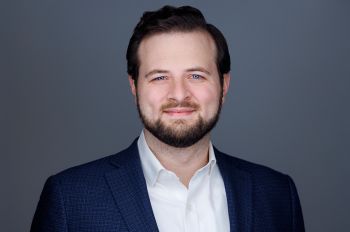IIT Chicago-Kent Professor Played Role in Supreme Court Decision About Human Gene Patents
Today the U.S. Supreme Court held in Association for Molecular Pathology v. Myriad Genetics, Inc., that human genes are not patentable since they are products of nature and not inventions. "The Supreme Court has liberated human genes," says Distinguished Professor Lori Andrews, IIT Chicago-Kent College of Law. "This decision is great news for patients, doctors and scientific researchers."
Professor Andrews filed amicus briefs in the trial court, appellate court and U.S. Supreme Court representing medical organizations, including the American Medical Association, the American Society of Human Genetics, and the American College of Obstetricians and Gynecologists. "We argued that a patent on genes was not only legally inappropriate, it was also a threat to public health," says Professor Andrews.
For the past 10 years, Professor Andrews has studied the impact of gene patents on health care and scientific research, receiving grants from the federal Department of Energy Human Genome Project and from the Robert Wood Johnson Foundation. "Half of geneticists were impeded in their research by gene patents," she says. "Now they can begin the search for cures."
Professor Andrews is available for media comment on gene patenting decision. For more, read Professor Andrews' post U.S. Supreme Court Liberates Breast Cancer Gene on the Institute for Science, Law and Technology's blog.



